Violin competition cleans up its act
mainThe Joseph Joachim competition in Hannover, which boasted the world’s biggest pot of prizes, has long been regarded as a closed shop for favoured students of the chairman and members of the jury.
No longer.
The chairman and his cronies have been cleared out. Their successors have announced a teacher-free judging panel.
With regard to the various professional opportunities awaiting today’s violinists, Antje Weithaas and Oliver Wille have decided to adjust the jury structure. From now on, the pre-selection of participants will fall to the string section leaders of the NDR Radiophilharmonie, thus becoming part of orchestra business. The competition jury will include nine members: five violinists and four jury members from concert-related fields. The following jury members will accompany the 2021 competition: Ana Chumachenco, Suyoen Kim, David Takeno, Donald Weilerstein and Carolin Widmann,, as well as Eleonore Büning, Robert Levin, Andrew Manze (from the semi-final round on) and Christine Schäfer. As competition hosts, the artistic directors will not be part of any jury.
The prize money has been reduced and made egalitarian:
All four finalists will receive a monetary award in the amount of EUR 10,000 each. Additionally, the new “Joseph Joachim” prize in the amount of EUR 30,000 will be awarded to a single participant from the group of finalists.
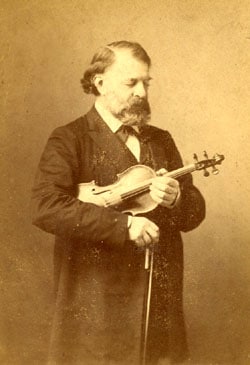
Way to go.

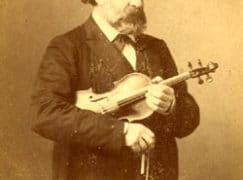
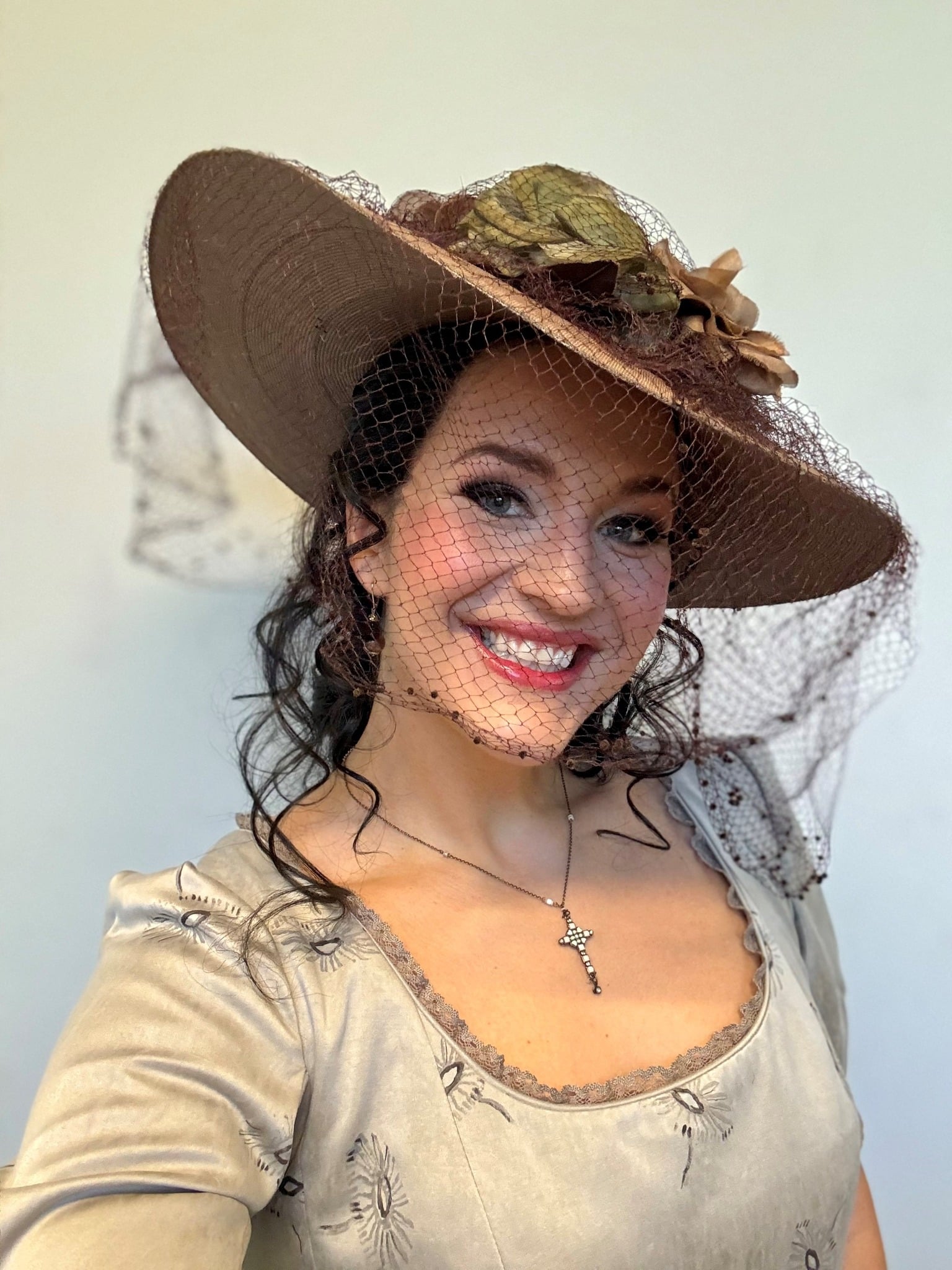
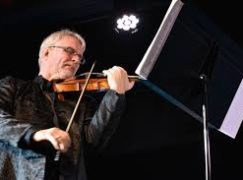
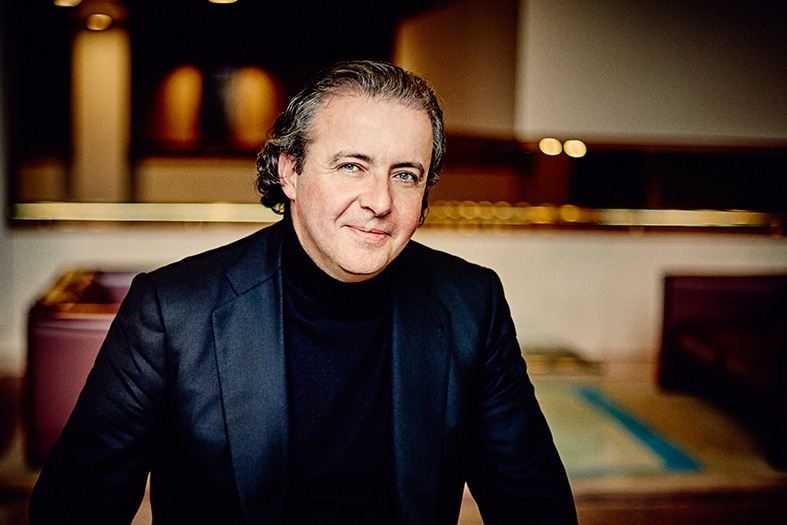
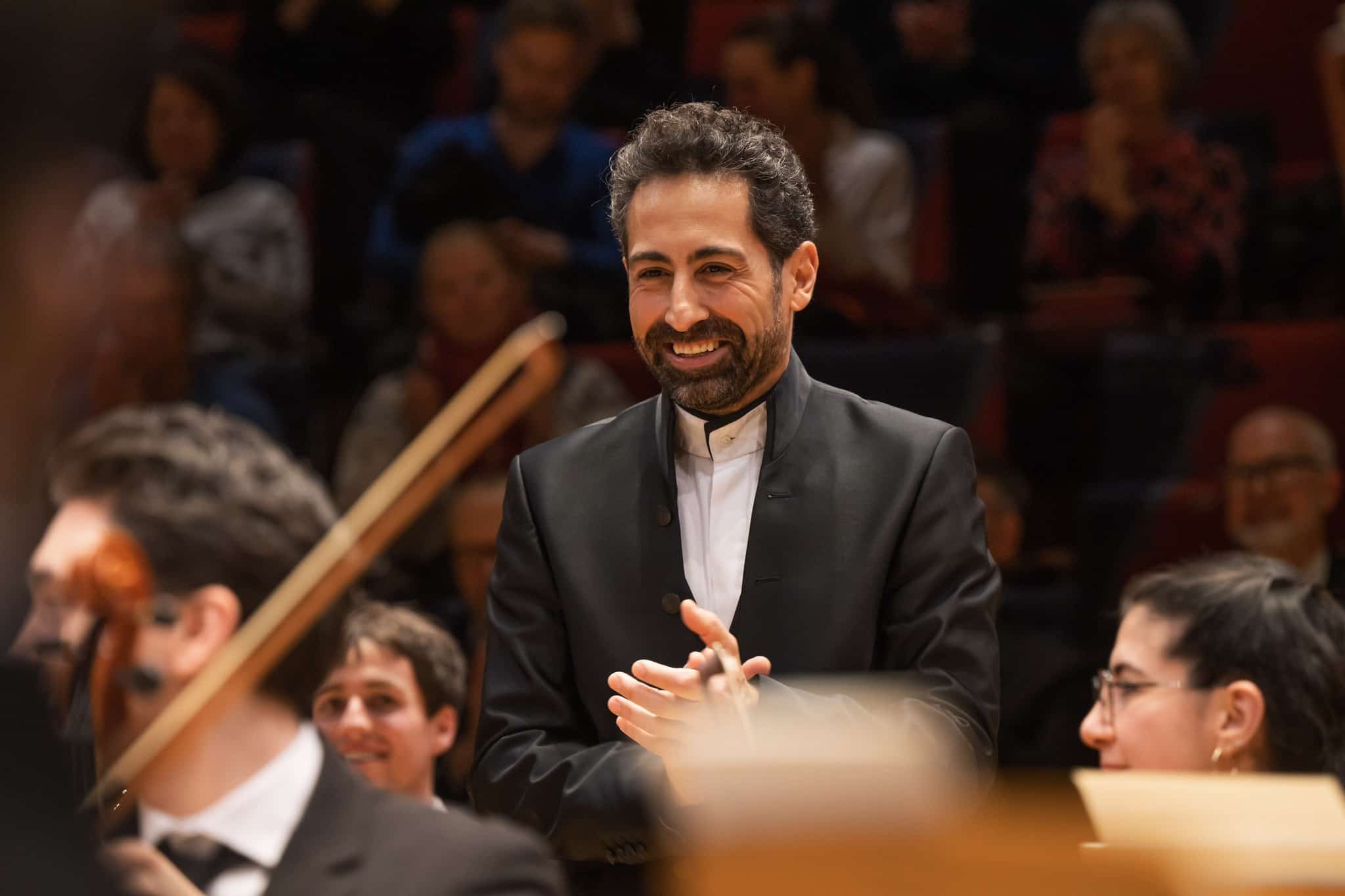
No teachers? This is a joke….The jury is full of the best teachers and well, I am sure none of their students will be in the competition….HAHAHAHAH!
There is a lot that seems really good about this approach. But egalitarian prizes is odd. Why have a competition and then award the same amount to all finalists. But if it is just one winner and three equal runners up then I suppose that is fair.
I respectfully disagree – the finalists are almost always at such a high level that either one of them could truly win, most of the time extra-musical matters tip the scales in one candidate’s favor. I see this as fair compensation to each one of them. Look at the Queen Elisabeth competition’s statistics and notice how high the percentage is of the 1st Prize Winner having performed on Friday or Saturday evening (and how almost no Monday-evening finalists ever make it into even the 6 ranked prize-winners)…
It’s important to remember that the prize-money does quite little for a young artists career in these cases, it is the career development that counts ; the managers, the record label heads, the festival and Philharmonic artistic directors – they are the real prizes. (In my own opinion.)
Ironic that Robert Levin should be involved, as he runs one of the most corrupt competitions in the world – the Bach competition in Leipzig.
what is your evidence for that statement?
I agree and he is not even a violinist..
Good question….
I dunno, but last I checked Weilerstein and Chumachenco are both teachers…
Andrew Manze is of course also a violinist. I myself don’t see the point of having a non-violinist on the jury of a violin competition.
A violinist of the caliber to serve as judge of such a competition who does not themselves teach, and have students of a caliber to compete, would seem a rare bird. Not easy to find enough of such individuals to fill out the juries of the various competitions. I think the conflicts are inevitable if you want really top violinists on your juries.